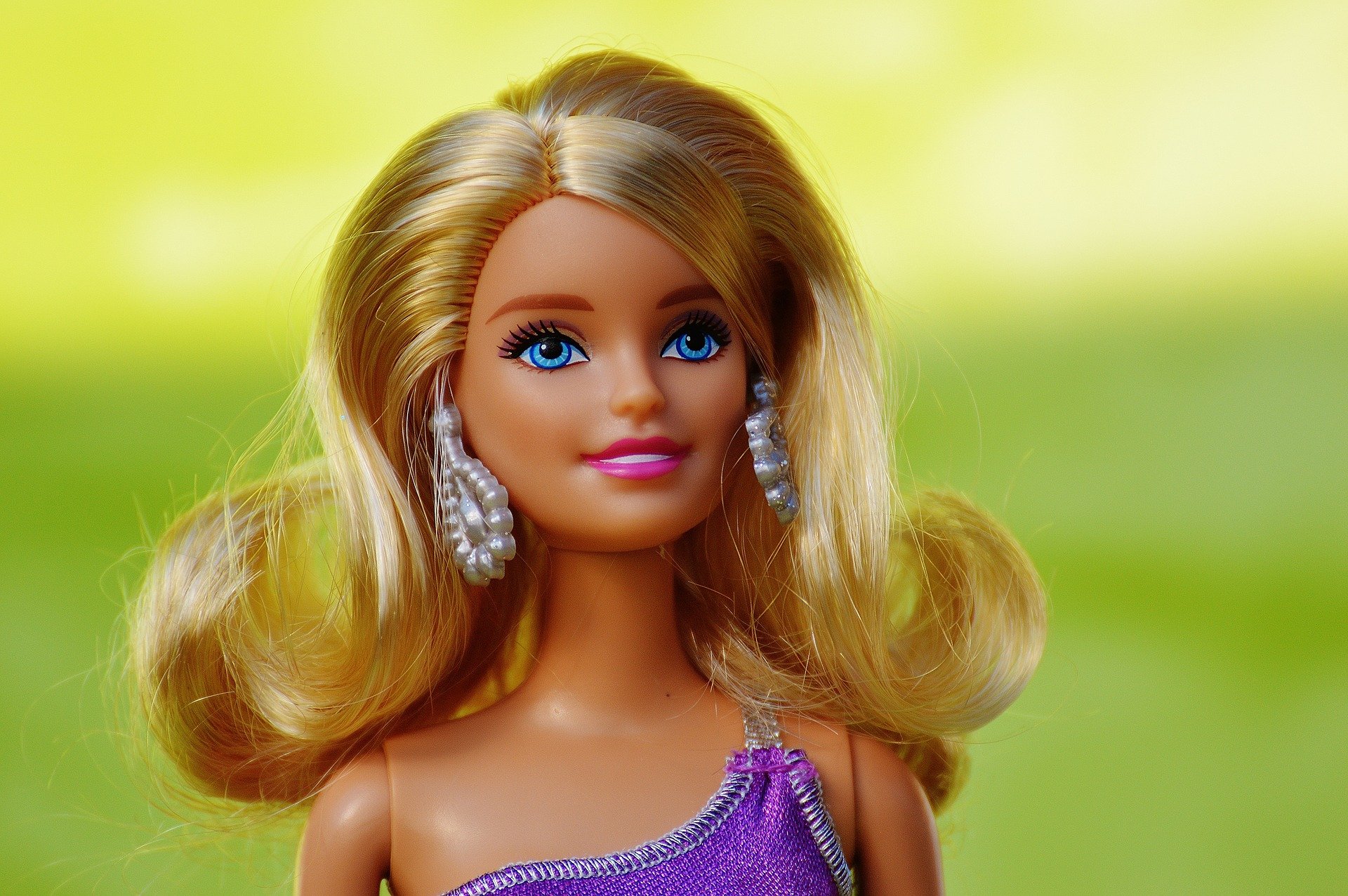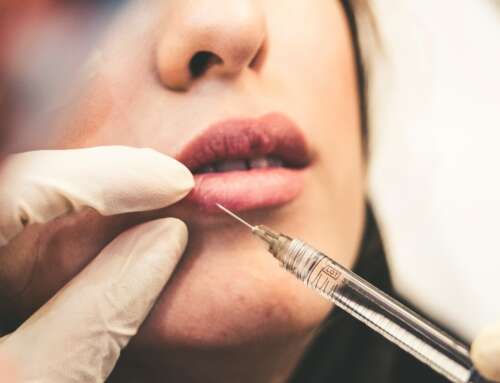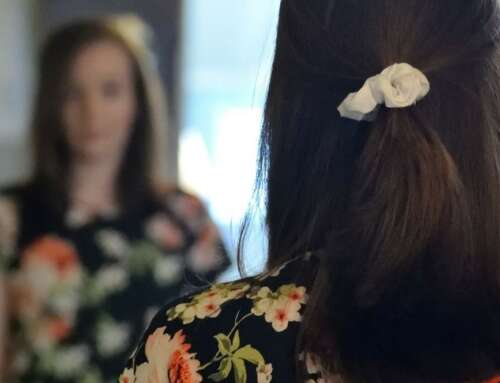Researchers asked the question whether realistic dolls protect body satisfaction in young girls.
The study published in the journal Body Image, measured the body perceptions and ideals of thirty-one girls aged 5 to 9 years before and after a playing in pairs with an ultra-thin doll, a realistic childlike doll or a car.
Play with ultra-thin dolls, but not childlike dolls, was shown to reduce girls’ ideal body size suggesting ultra-thin dolls (such as commercially available Barbie or Monster High) may negatively affect body image in preadolescent girls and a potential benefit to young girls’ body satisfaction of dolls representing a realistic child body mass.
The study also looked at whether subsequent play with childlike dolls or cars would lead to improvements on ideal body size with findings suggesting that the negative impacts of ultra-thin dolls can’t be directly countered by other toys.
The researchers warned that the ultra thin dolls, combined with exposure to films, television and social media that portray ‘thin ideals’, could lead to body dissatisfaction in young girls, which has been shown to be a factor in the development of eating disorders.
The experimental study contributes to a growing number of studies which show that doll play may affect the beauty ideals that young girls internalise. Read more >>








Leave A Comment